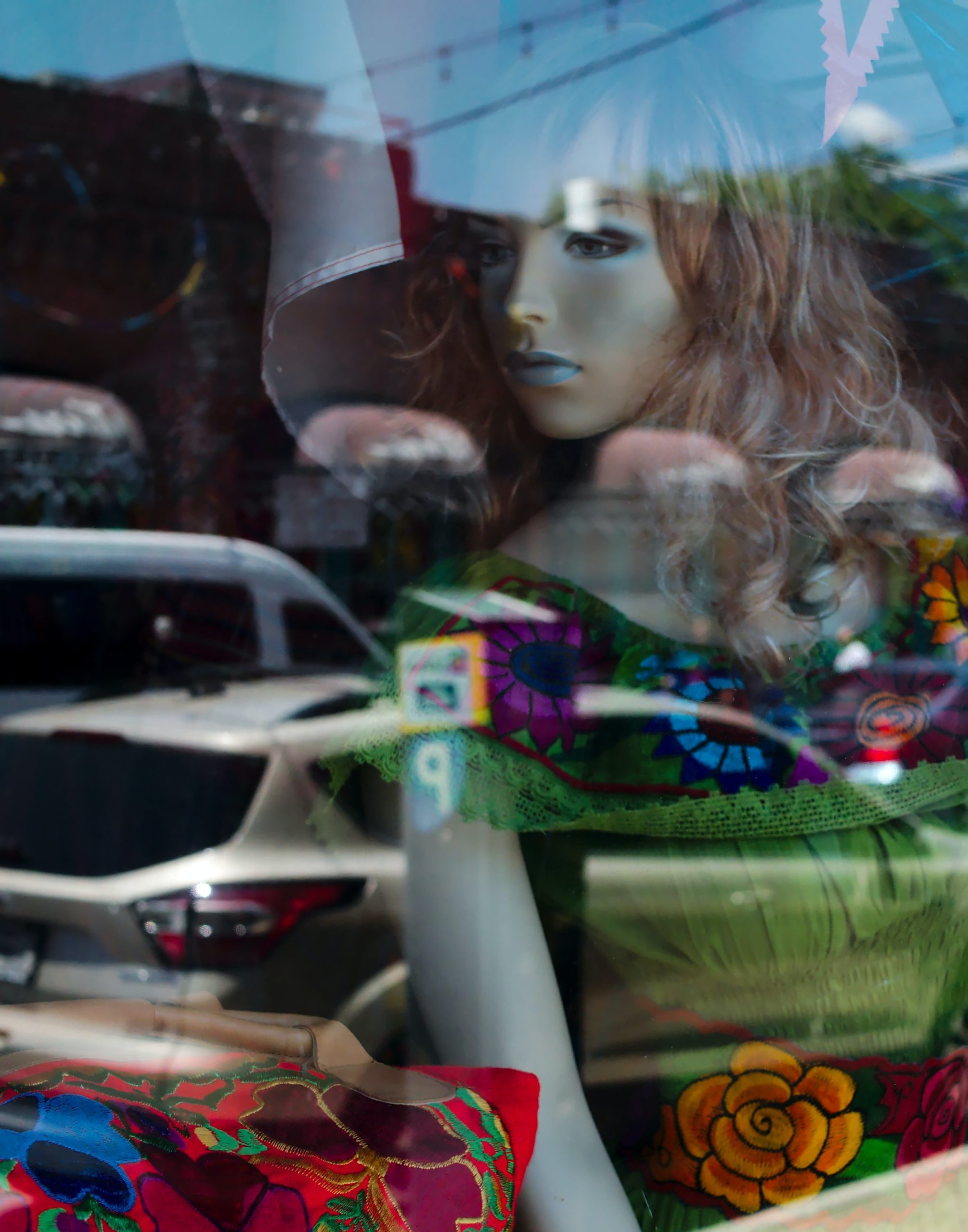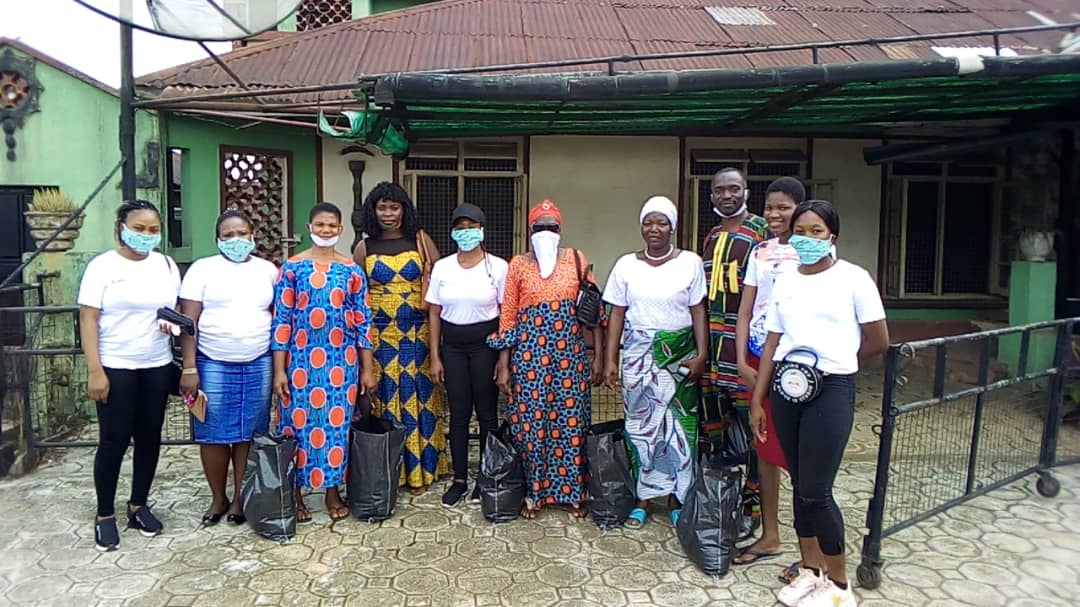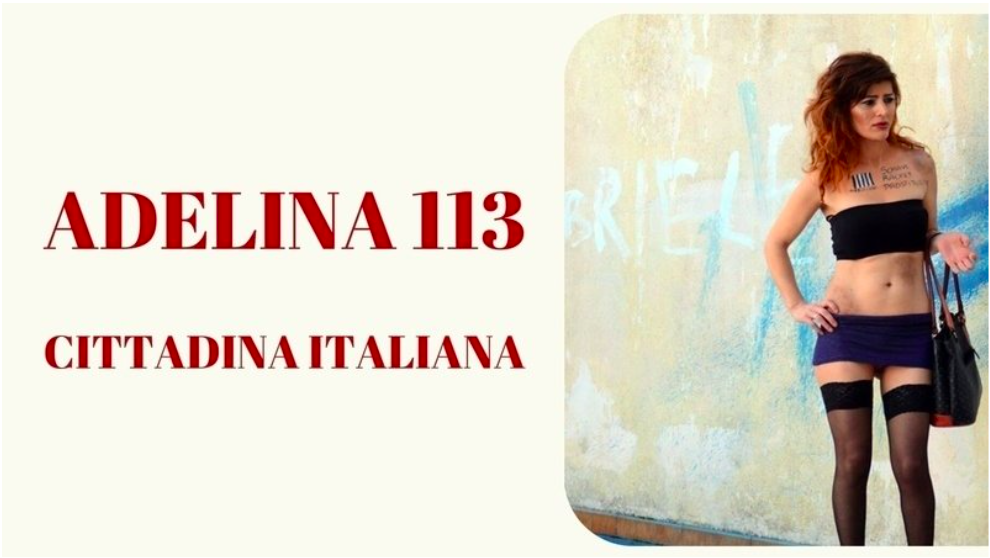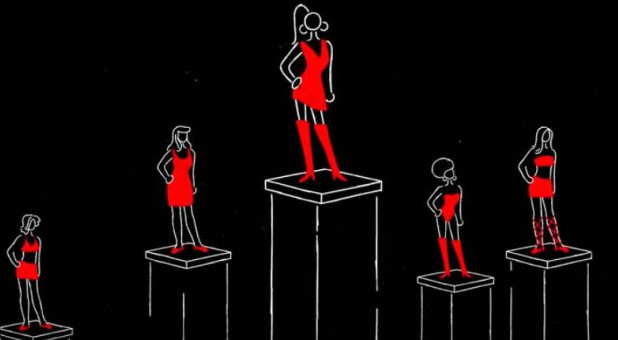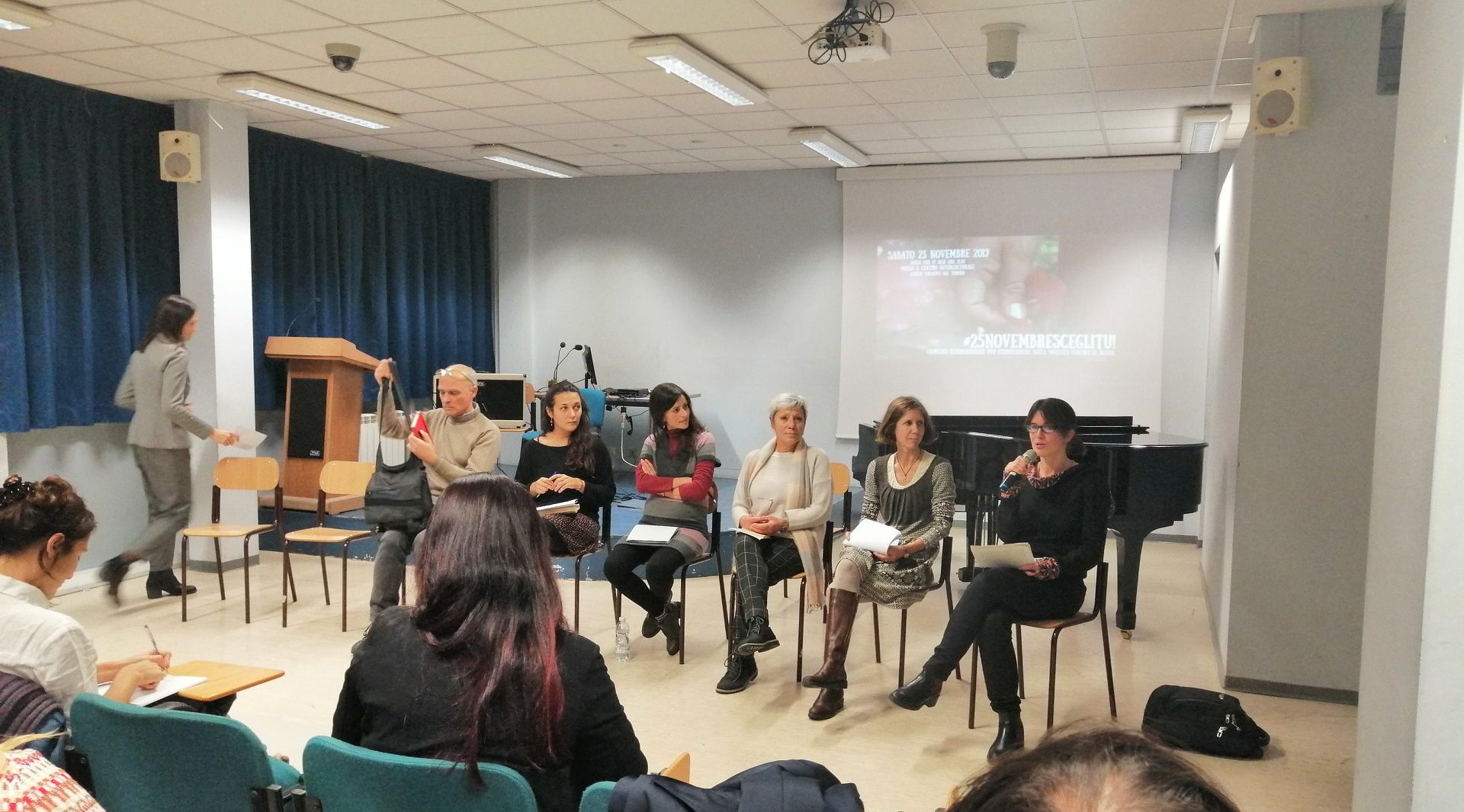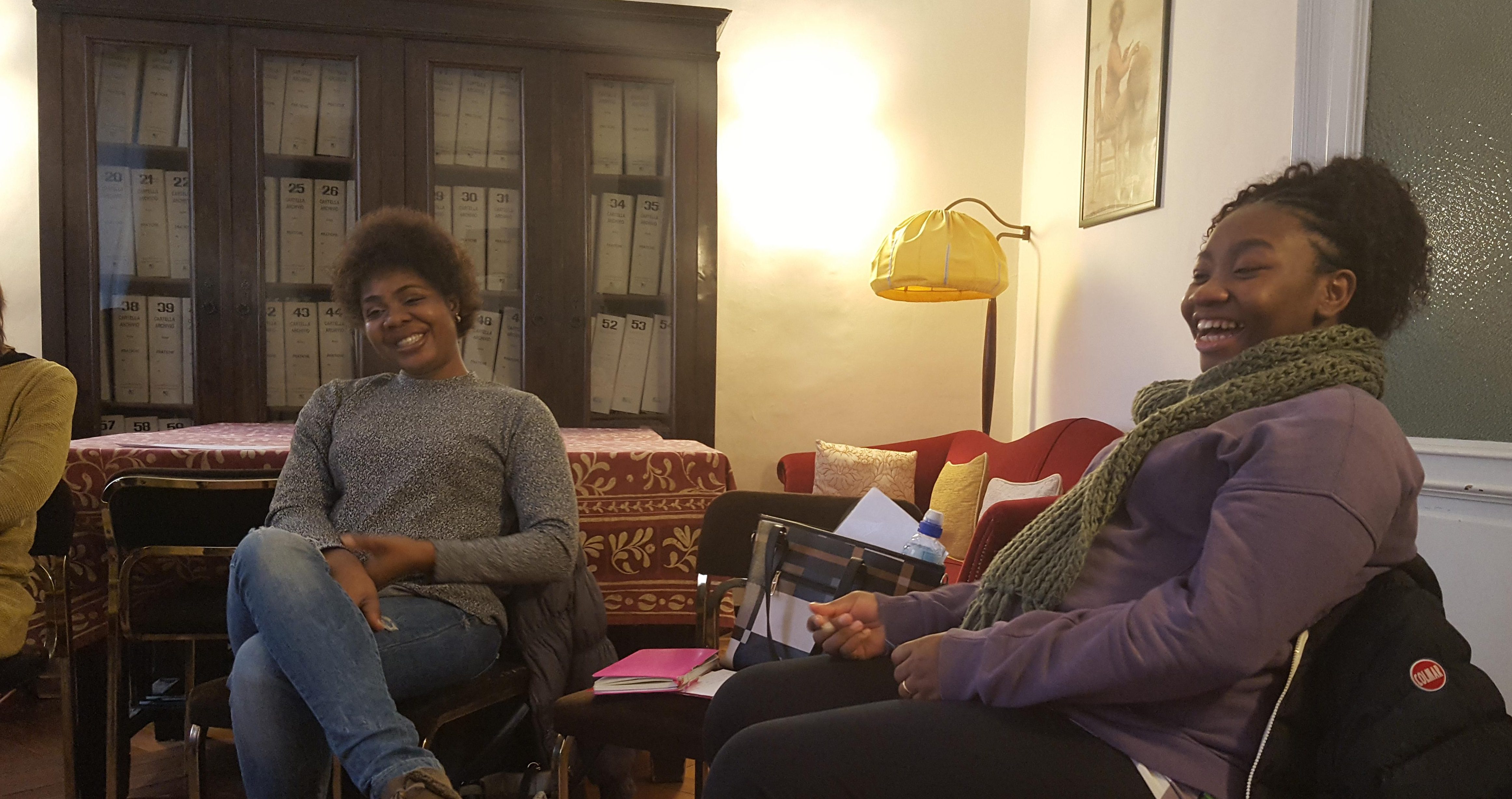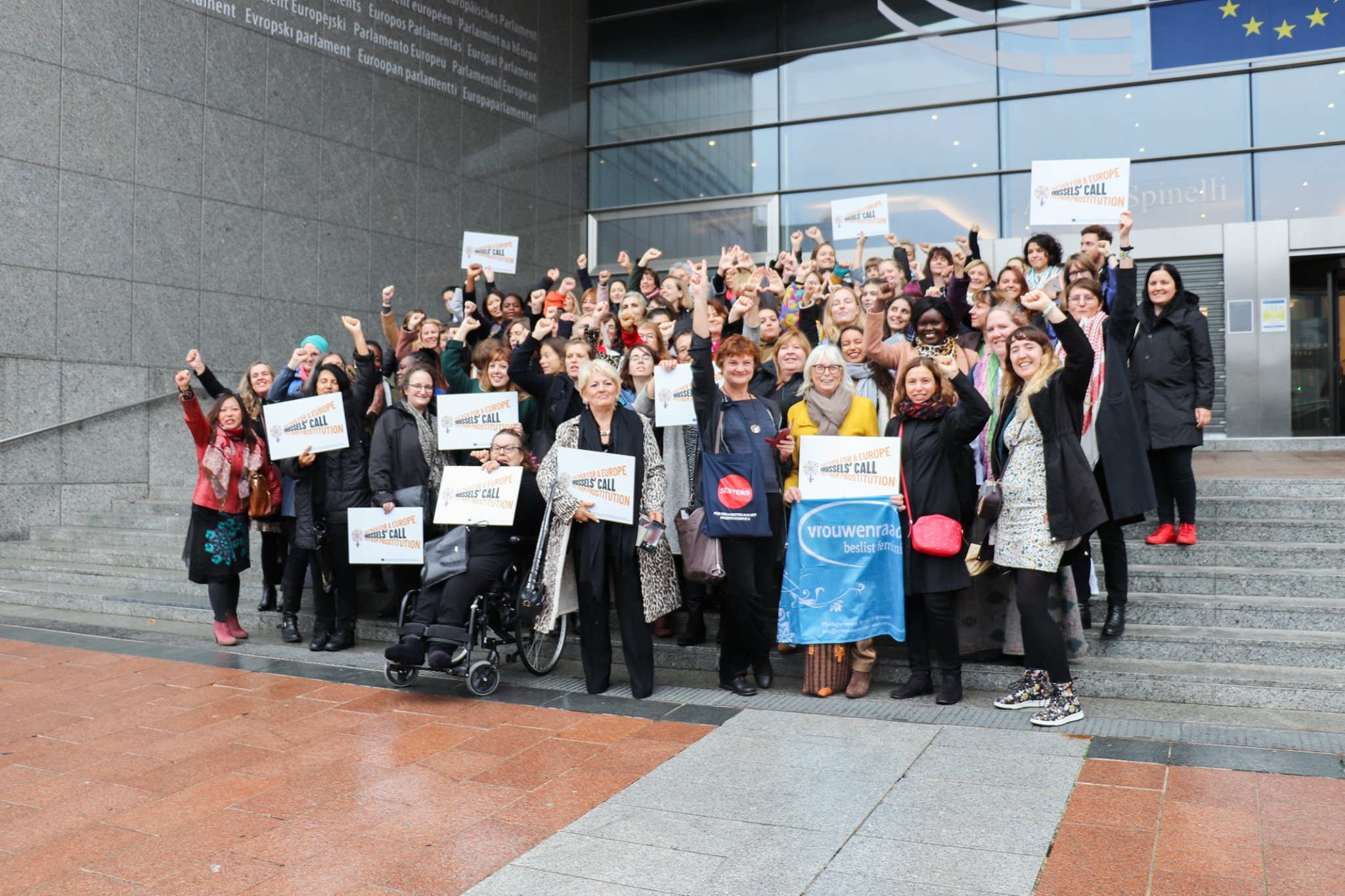“If there was nobody to buy women, no woman would think about selling the abuse of her body. I remember it quite well, the moment I decided to offer the abuse of my body and to sell this. And it really like crossing a border inside myself. I know now it was the first time I dissociated because it felt like I was changing the body, like I was watching myself crossing this border. And I felt it meant something. But I would never have crossed this border if there hadn’t been buyers, because that’s nothing you do just for fun. It has nothing to do with a fulfilled female sexuality.”
This is a quote from the testimony of Marie Merklinger, a German survivor of prostitution and activist with SPACE International, which she shared as part of our series of webinars entitled ‘Prostitution is Violence: Abolish the Oldest Oppression in the World’, which was organised by IROKO and Resistenza Femminista. She tells us about how she got into prostitution, the necessity of exit programmes for those who wish to get out of prostitution, and she explains why she promotes the Nordic Model as the best legislative system to combat sexual exploitation, to guarantee support to survivors. A necessary part of the model is the criminalisation of the buyers because the purchase of sex is a criminal act and should be punished, as exploitation is.
To hear the testimony of Rosen Hicher, a French survivor activist, click here.


